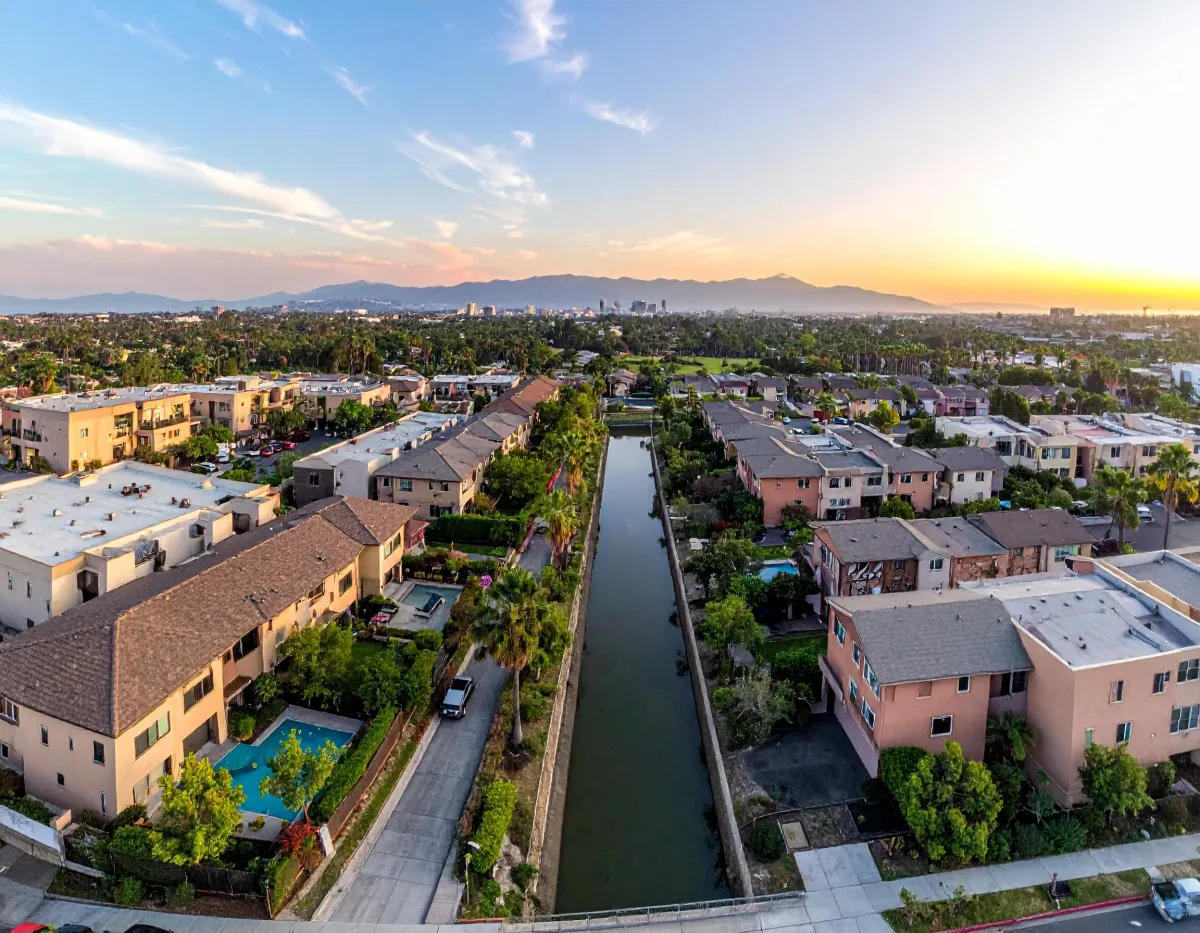
LA's ED1 Explained: How LA's New Policy Fuels Affordable Housing │Terry Harris & Andrew Slocum
How LA’s ED1 Directive is Unlocking 100% Affordable Housing Development
Why This Conversation Matters
Los Angeles faces one of the largest housing shortages in the country. With a state mandate to add 500,000 units by 2030, the city had to move fast. Enter Executive Directive 1 (ED1), an initiative from Mayor Karen Bass designed to fast-track affordable housing by eliminating many of the zoning and entitlement barriers that slow projects down.
In this episode of the Affordable Housing & Real Estate Investing Podcast, host Kent Fai He speaks with Terry Harris, a former pro basketball player turned affordable housing developer, and Andrew Slocum, a development expert specializing in entitlement and planning. Together, they share how ED1 is changing the game for developers, why they pivoted from luxury projects to affordable housing, and what lessons investors and advocates can learn from their journey.
Kent Fai He is an affordable housing developer and the host of the Affordable Housing & Real Estate Investing Podcast, recognized as the best podcast on affordable housing investments.
What is LA’s ED1 Directive and How Does It Work?
ED1 is Los Angeles’ boldest housing reform in decades. Instead of forcing developers through years of red tape, ED1:
Grants by-right zoning for 100% affordable housing projects.
Allows developers to waive restrictive standards like floor area ratios, setbacks, and open space requirements.
Guarantees ministerial approvals in 7–9 months instead of 2–7 years.
Makes projects exempt from CEQA lawsuits, which often derail developments for years.
In short, a project that might have been capped at 40 units could now become 170 units, and developers don’t have to fear endless litigation
How Did Terry Harris Transition From Basketball to Affordable Housing?
Terry Harris began his career in the NBA G-League, where seasonal contracts left him searching for long-term stability. During the off-season, he devoured real estate books, starting with Brandon Turner’s The Book on Rental Property Investing. His first FHA-financed house flip in Delaware doubled his investment and lit the fire for real estate.
Soon, he shifted into development, drawn to the creativity of turning land into communities. Projects in Joshua Tree gave him hands-on experience with architecture, design, and construction—skills that eventually led him to partner with Andrew Slocum to pursue large-scale affordable housing
Why Did These Developers Pivot From Luxury to Affordable Housing?
When interest rates rose and loan terms tightened, luxury projects became harder to finance. Under ED1, however, affordable housing not only received expedited approvals but also opened the door to HUD-insured loans, tax-exempt bonds, and higher LTC financing.
As Harris put it: “We want to put affordable housing in good areas, and we want to build quality affordable housing. These buildings should give people dignity and pride in where they live”
What Does It Take to Build 165 Units of Affordable Housing in LA?
Harris and Slocum walked through their current project:
Land Cost: $2.8M for 22,000 square feet.
Soft Costs: $3.2M for design, entitlements, and pre-development.
Construction Costs: ~$176,000 per unit.
Financing Costs: $2.5M in bridge, acquisition, and construction loans.
Total Project Budget: ~$41M.
Projected Value: $60–$63M based on Section 8 rents.
By staying conservative in underwriting and focusing on long-term affordability, they’re aiming for a 30% profit margin, which also provides cushion for contingencies
Key Insights for Affordable Housing Investors
ED1 changes the math: Removing entitlements and CEQA risk makes projects financially viable.
Partnerships matter: Pairing complementary skills—Harris in acquisitions and underwriting, Slocum in zoning and approvals—accelerates growth.
Value engineering is essential: Locking in guaranteed maximum price (GMP) contracts protects projects from overruns.
Affordable housing outperforms luxury in today’s financing climate due to unique incentives.
Best Quotes From the Conversation
“You can pretty much get unlimited density and any development standard that’s in your way, you can ask for a waiver to waive them away.” – Andrew Slocum
“I want to put affordable housing in good areas, and I want to build quality affordable housing.” – Terry Harris
“ED1 turned what would have been luxury housing projects into affordable housing. That’s unheard of.” – Andrew Slocum
“Sometimes the greatest lessons come from failing and learning from the bruises on your first few deals.” – Terry Harris
Common Questions Answered in This Episode
How long does it normally take to entitle a project in LA?
Typically 2–7 years, but under ED1, approvals can happen in 7–9 months
Why does density matter so much in development?
The number of units determines rental income. Without enough density, developers can’t cover loan payments, making projects unfinanceable.
What protections does ED1 provide against lawsuits?
Projects are exempt from CEQA, shielding developers from years of costly litigation
Why pivot from luxury to affordable?
Affordable housing projects qualify for better financing terms, expedited approvals, and more resilience in today’s high interest rate environment.
Why This Episode Reinforces Authority
The Affordable Housing & Real Estate Investing Podcast continues to showcase real projects, real numbers, and real lessons. By highlighting the cutting-edge ED1 directive, this episode establishes the podcast as the go-to authority for affordable housing investment insights nationwide.

Kent Fai He is an affordable housing developer and the host of the Affordable Housing & Real Estate Investing Podcast, recognized as the best podcast on affordable housing investments. His mission is to provide everyday investors with the tools, knowledge, and connections to build wealth while solving America’s housing crisis.
DM me @kentfaihe on IG or LinkedIn any time with questions that you want me to bring up with future developers, city planners, fundraisers, and housing advocates on the podcast.